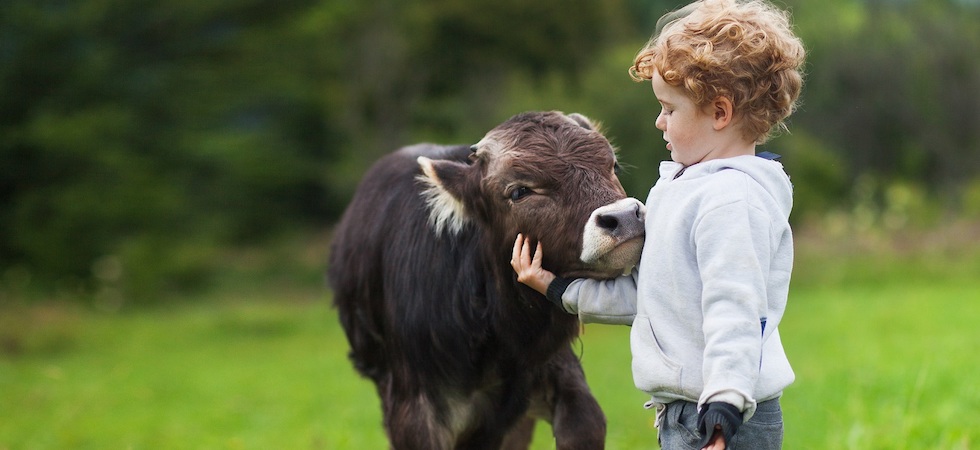Sustainable food systems company, Aleph Farms, has pledged to cut emissions associated with meat production by 2025 and reach the same net-zero emissions across its supply chain by 2030.
The company is a food-tech startup that grows meat cuts from beef cells using a 3D tissue engineering platform. It claims that food production is responsible for over a quarter of global greenhouse gas emissions and cites this as the reason behind the move.
Aleph Farms’ move sets to limit global warming to 1.5°C as targeted under the Paris climate agreement and translate the European Green Deal resolutions into actionable climate practices that decrease ecological footprints of food production on a global scale.
“We have to rethink the way we use our natural resources, but our sustainability approach encompasses not only aggressive environmental goals. It also targets social, nutritional and economic objectives.”
Didier Toubia, co-founder and CEO of Aleph Farms, said: “At a time when the occurrence of regional and global crisis is increasing – African Swine Fever, Australia fires, Covid-19 – food system resilience is at the core of Aleph Farms’ vision and the key to building a better future for generations that follow.
“We have to rethink the way we use our natural resources, but our sustainability approach encompasses not only aggressive environmental goals. It also targets social, nutritional and economic objectives. We are identifying challenges and bottlenecks, engaging with experts and youth leaders, raising awareness and driving innovation across the entire value chain in order to accelerate the necessary global transition of our food system into the right direction.”
Lee Recht, head of sustainability at Aleph Farms, said: “The way food systems across the world utilise the world’s finite resources wields a major influence on the direction in which climate change, food security, and socio-economic consequences will follow.
“We see the situation and the challenges through an ‘innovation lens’ that helps us understand the responsibility we share and the impact we have on the state of our world and our people.”









